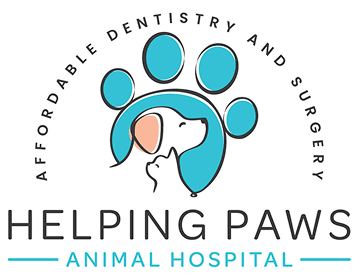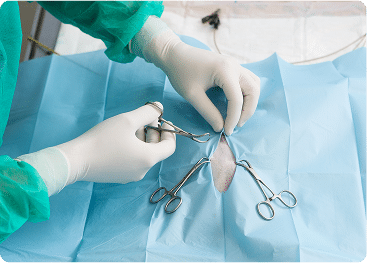
Advanced Surgical Support for Veterinary Partners in Wheat Ridge, CO
Surgical techniques and technologies are constantly evolving, leading to improved outcomes and faster recovery times. At Helping Paws Animal Hospital, we collaborate with referring veterinarians to provide specialized soft tissue surgeries for canine and feline patients. Our facility serves as an extension of your practice, offering advanced surgical expertise, state-of-the-art equipment, and seamless case management to ensure the best outcomes for your patients.
Soft tissue surgeries often require specialized skills and resources that may not be readily available in general practice. By referring your patients to us, you can focus on primary care while ensuring they receive expert surgical intervention with a streamlined transition back to your hospital for follow-up care.
Why Refer to Helping Paws Animal Hospital?
Our approach ensures that referred patients receive high-quality surgical care while maintaining continuity with their primary veterinarian for post-operative follow-up. Veterinary teams refer their dog and cat patients to us because we provide:
By referring your patients to Helping Paws Animal Hospital, you can rest assured that they are in expert hands. We strive to act as a trusted extension of your practice, providing high-quality surgical care while ensuring a seamless return to primary veterinary management.
Soft Tissue Surgeries for Dogs and Cats
Helping Paws Animal Hospital offers a comprehensive range of soft tissue surgeries for dogs and cats, addressing both routine and complex conditions. Our experienced team provides elective, emergency, and reconstructive procedures, ensuring precision, safety, and effective post-operative care for referred patients.
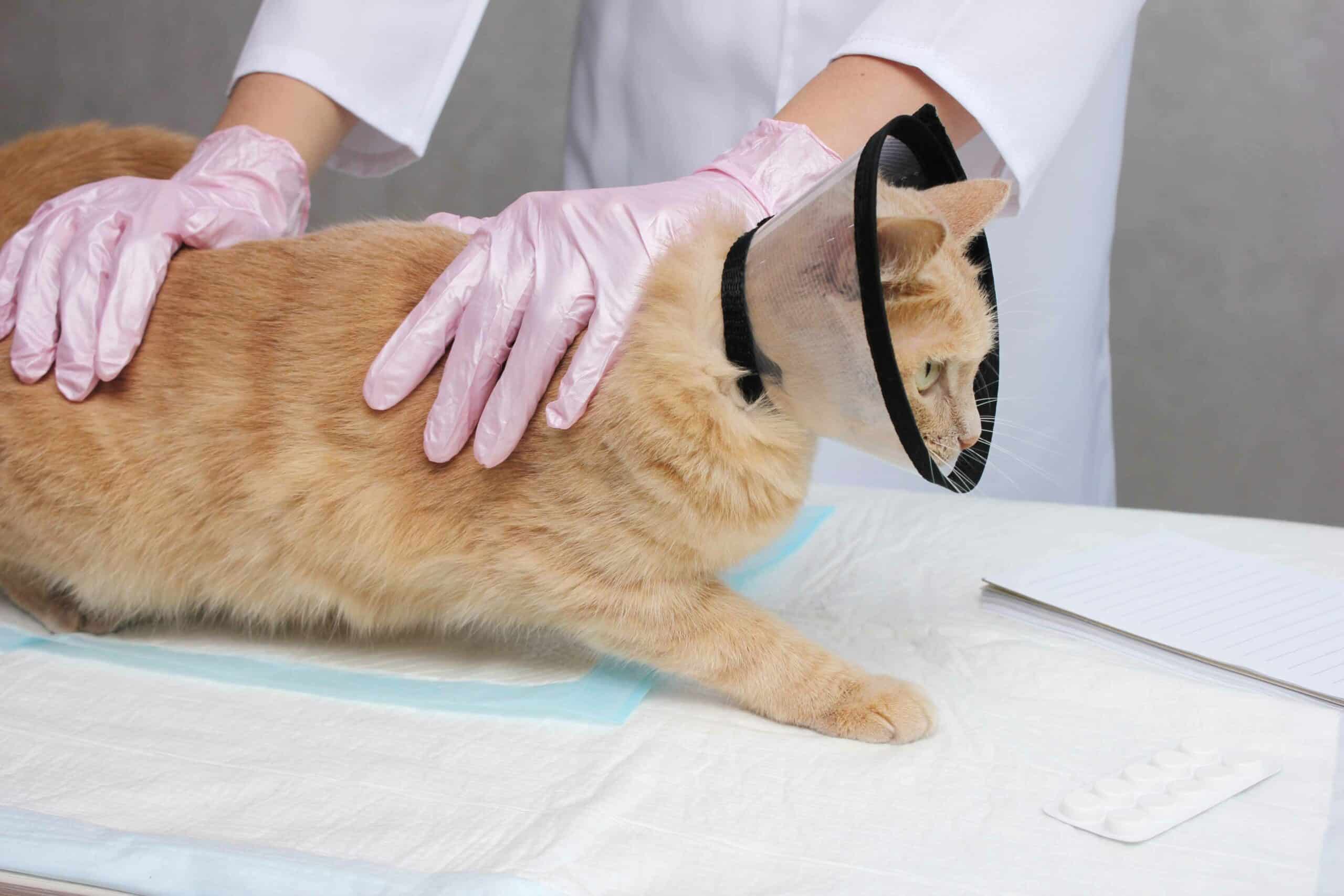
Elective & Corrective Surgeries
- Spay & Neuter - Standard and complex sterilization procedures.
- Vulvaplasty - Corrects recessed vulvas in female dogs to prevent infections.
Emergency & Life-Saving Procedures
- Pyometra Surgery - Life-saving removal of infected uterus in intact females.
- Splenectomy - Indicated for splenic tumors, rupture, or hematomas.
- Gastropexy - Prevents or treats gastric torsion (GDV) in deep-chested dog breeds.
Ophthalmic & Reconstructive Surgeries
- Entropion/Ectropion Repair - Corrects eyelid abnormalities.
- Enucleation - Eye removal due to trauma, tumors, or glaucoma.
- Tail Amputation & Ear Hematoma Surgery - Treats chronic infections or traumatic injuries.
Tumor & Mass Removal
- Skin Mass Excision & Wound Reconstruction
- Histopathology for Cancer Staging
Reproductive & Urogenital Procedures
- Cystotomy - Removal of bladder stones or treatment for urinary obstructions.
- Perineal Urethrostomy (PU Surgery) - For male cats with recurrent urinary blockages.
Whether a patient requires a routine procedure, emergency intervention, or reconstructive surgery, we ensure the highest level of veterinary expertise and a seamless referral experience. For case referrals or to discuss a patient, contact Helping Paws Animal Hospital today.
Referral Process: How to Send a Case
Helping Paws Animal Hospital makes referring surgical cases simple and efficient for veterinarians. We provide seamless case collaboration, timely scheduling, and clear communication to guarantee optimal patient outcomes and a smooth transition back to primary care veterinarians.
How to Refer a Case :
Routine procedures are scheduled within 1-2 weeks, while emergency cases receive same-day or next-day priority. Urgent cases, such as GDV, pyometra, and foreign body obstructions, are expedited.
By partnering with Helping Paws Animal Hospital, you can trust that your patients will receive expert surgical care, precise pain management, and comprehensive post-op support.
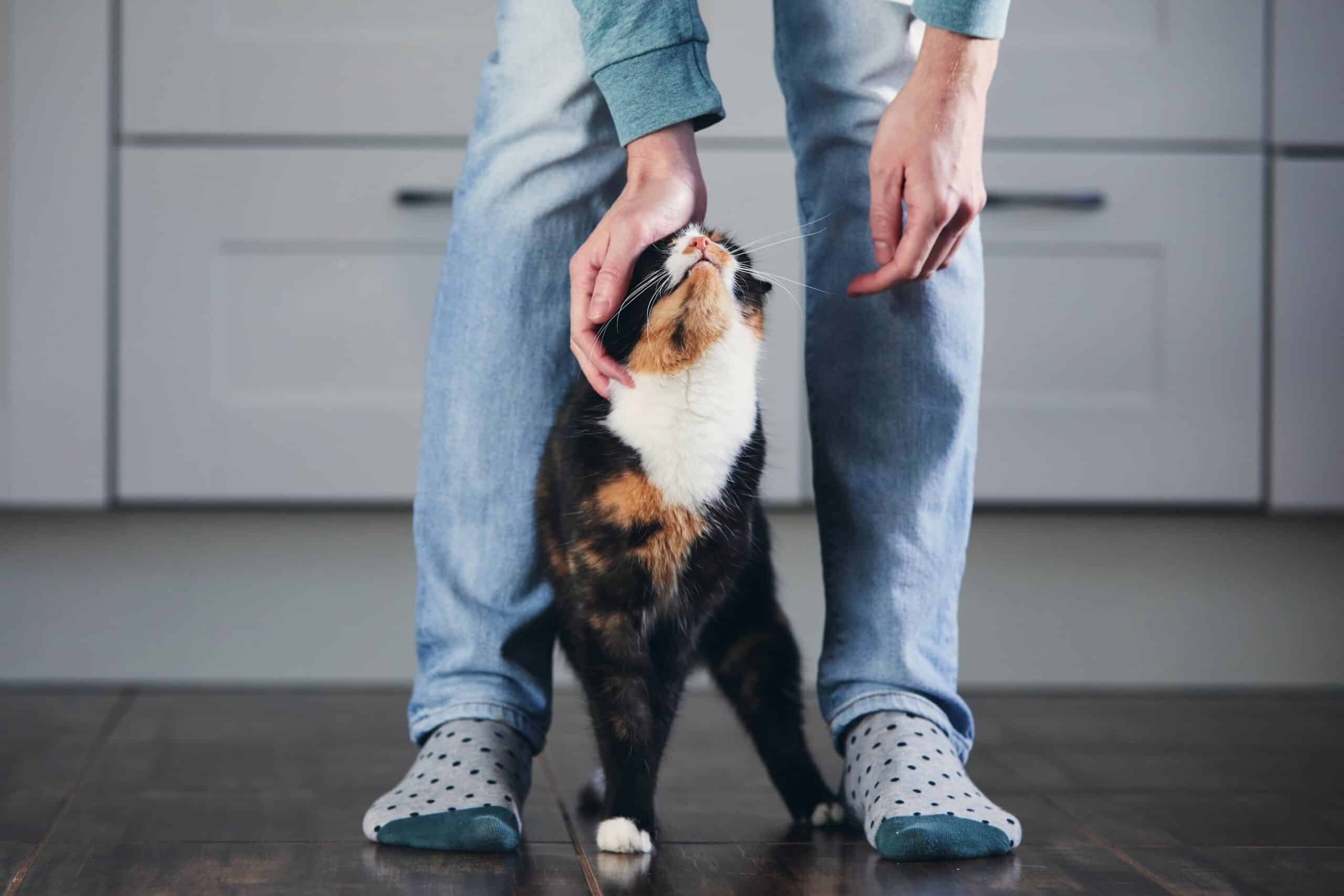
Anesthesia & Pain Management for Dogs and Cats
Patient safety and comfort are our top priorities during surgery. We implement advanced anesthesia monitoring and multimodal pain management protocols to secure a safe, pain-free experience and smooth recovery for every referred patient. Our anesthesia and pain management protocols include:
By using comprehensive pain control techniques, we make sure that dogs and cats remain comfortable and recover faster after surgery.
Post-Operative Care & Follow-Up
Once surgery is completed, we ensure a seamless transition back to primary care veterinarians for continued patient management.
Follow-up visits are typically scheduled at 7-14 days (incision check/stitch removal) and 3-6 weeks (major procedures). By collaborating closely with veterinary teams, we help secure a successful transition back to primary care for continued monitoring and rehabilitation.
For Pet Owners: What to Expect
If your pet has been referred to Helping Paws Animal Hospital for soft tissue surgery, you may have questions about what to expect before, during, and after the procedure. Our team is here to guide you through the process and guarantee your pet receives the best possible care from pre-surgical preparation to full recovery.
Here’s what you need to know about your pet’s surgery and post-operative care.
For any post-op concerns, call our hospital immediately. Your pet’s comfort and healing are our priority!
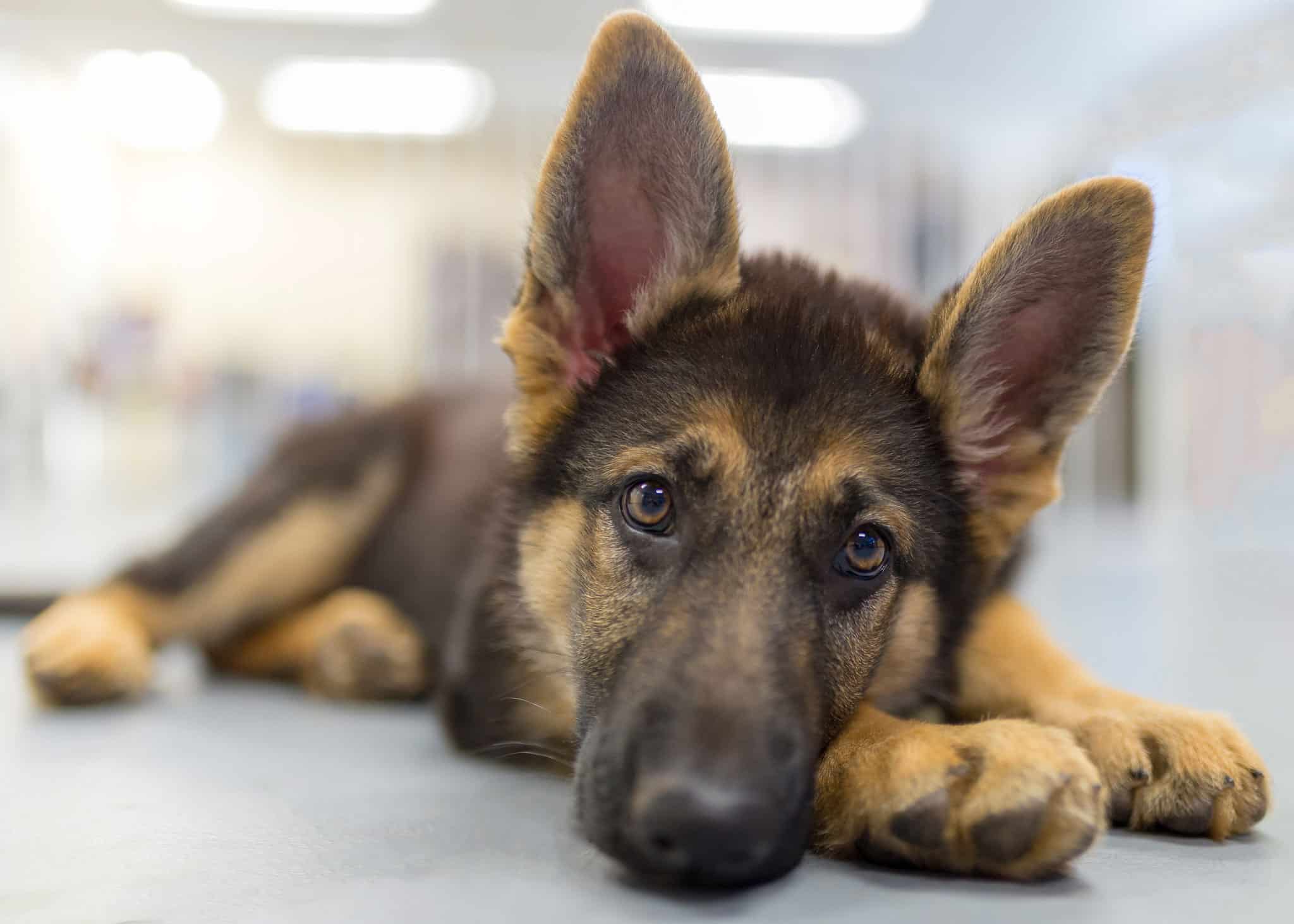
Partner with Helping Paws Animal Hospital for Specialized Surgical Care
By referring dog and cat patients to Helping Paws Animal Hospital for soft tissue surgery, you can have access to advanced surgical techniques, compassionate post-op support, and seamless case communication.
Contact us today to discuss a case, submit a referral, or schedule a consultation. We look forward to collaborating with you to provide exceptional surgical care for your patients.
Do You Have More Questions?
Call Us
(303) 537-7209
Frequently Asked Questions (FAQs) for Soft Tissue Surgeries
How do I refer a case?
Referrals can be submitted via fax, email, or our online portal, including relevant patient history and diagnostics.
Can I discuss a case before referring?
Absolutely! We encourage pre-referral consultations to determine case suitability.
What is your surgical scheduling timeline?
Routine cases: Typically scheduled within 1-2 weeks.
Emergency cases: Prioritized for same-day or next-day surgery.
How do you manage anesthesia risk in high-risk patients?
We conduct thorough pre-surgical evaluations and use tailored anesthetic protocols to minimize risks, especially in brachycephalic breeds, geriatric patients, or those with comorbidities.
Who handles post-operative follow-up?
Primary care veterinarians oversee long-term recovery; however, we are available for post-op consultations and additional monitoring if required.
